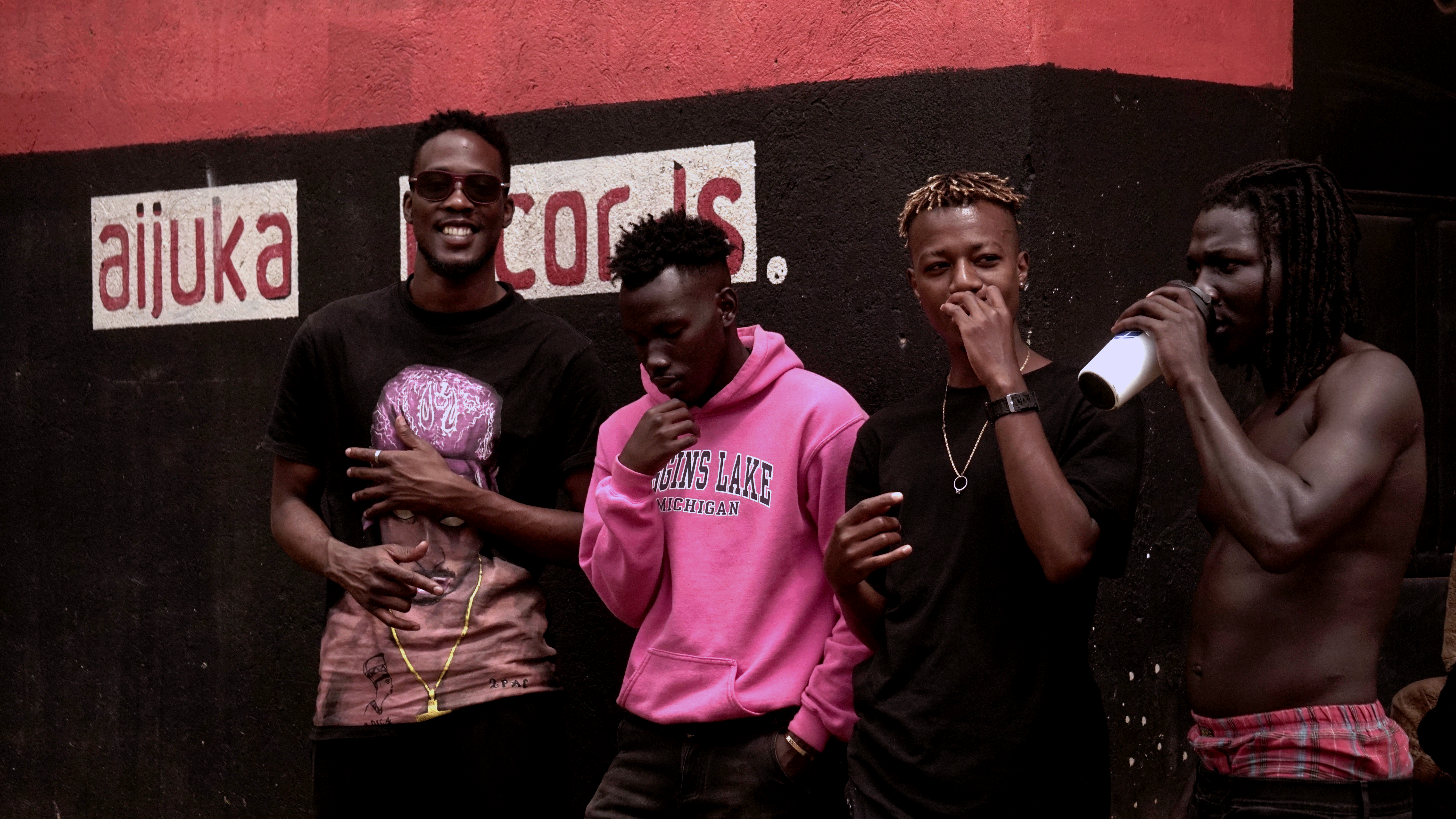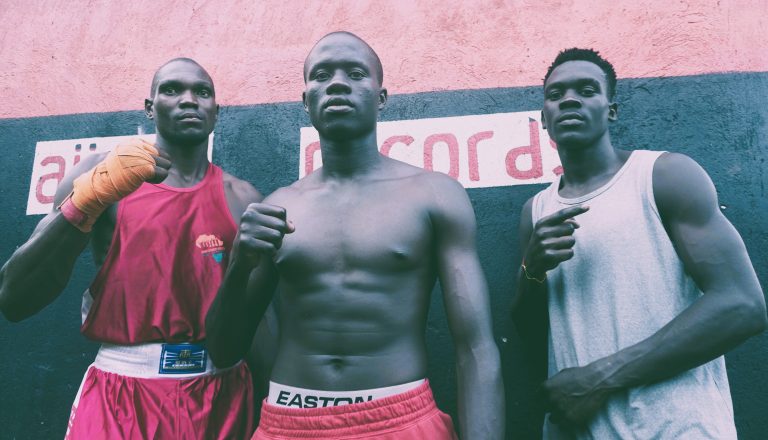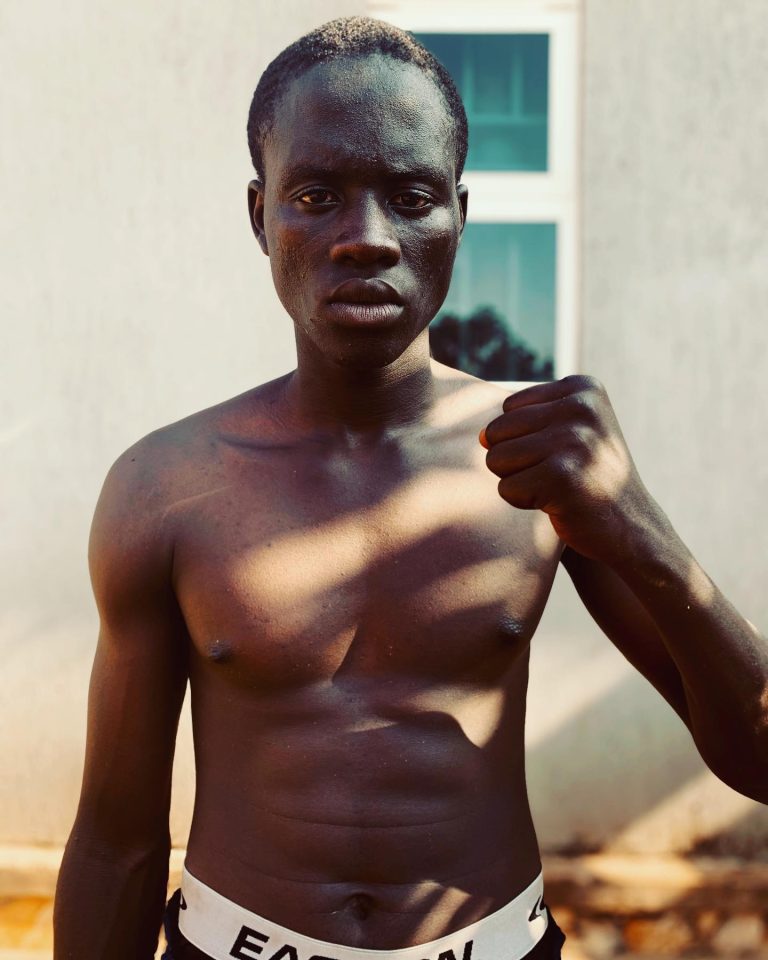
Similar Posts

CREATIVITY AND DESIGN IN UGANDAN MUSIC
Creativity in Ugandan Music Uganda is a country with a rich and diverse musical heritage. From the traditional instruments and…

THE ULTIMATE SKILL.
Resilience in Boxing Resilience is the ability to cope with challenges, overcome obstacles, and bounce back from setbacks. It is…

BOXING AND ITS BENEFITS.
Welcome to the Aijuka Boxing Club, where we share the latest news, tips, and insights from the world of boxing…

THE FUTURE OF MUSIC MARKETING
Music Marketing; Music marketing is the process of promoting and selling music to potential listeners, fans, and customers. It involves…
UGANDAN MUSIC AND POLITICS:
Ugandan politician and well-known singer Dr. Jose Chameleon recently declared his ambition to run for president in the forthcoming 2026…

GODLY ALBUM DROP:
Hello music lovers and fans of Aijuka Records, we are very excited to announce our long-awaited new album dropping this…
